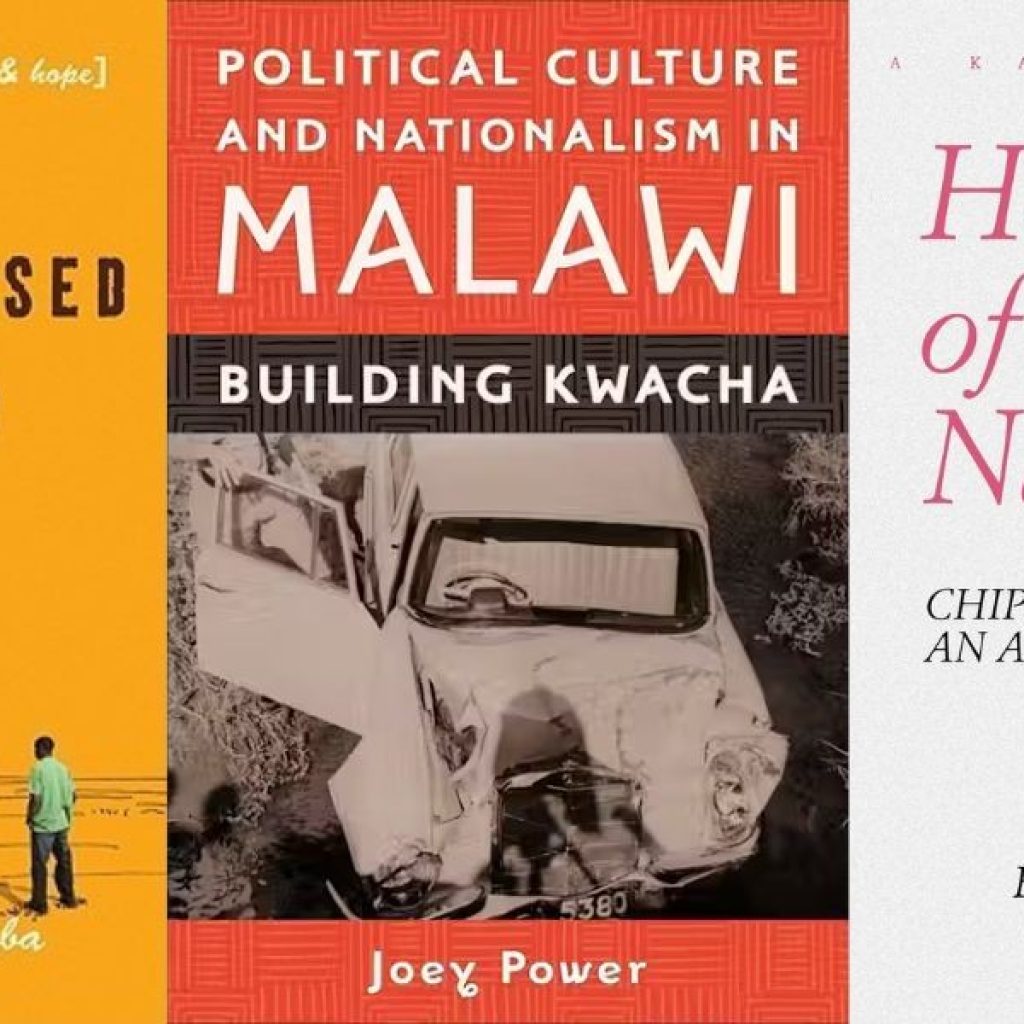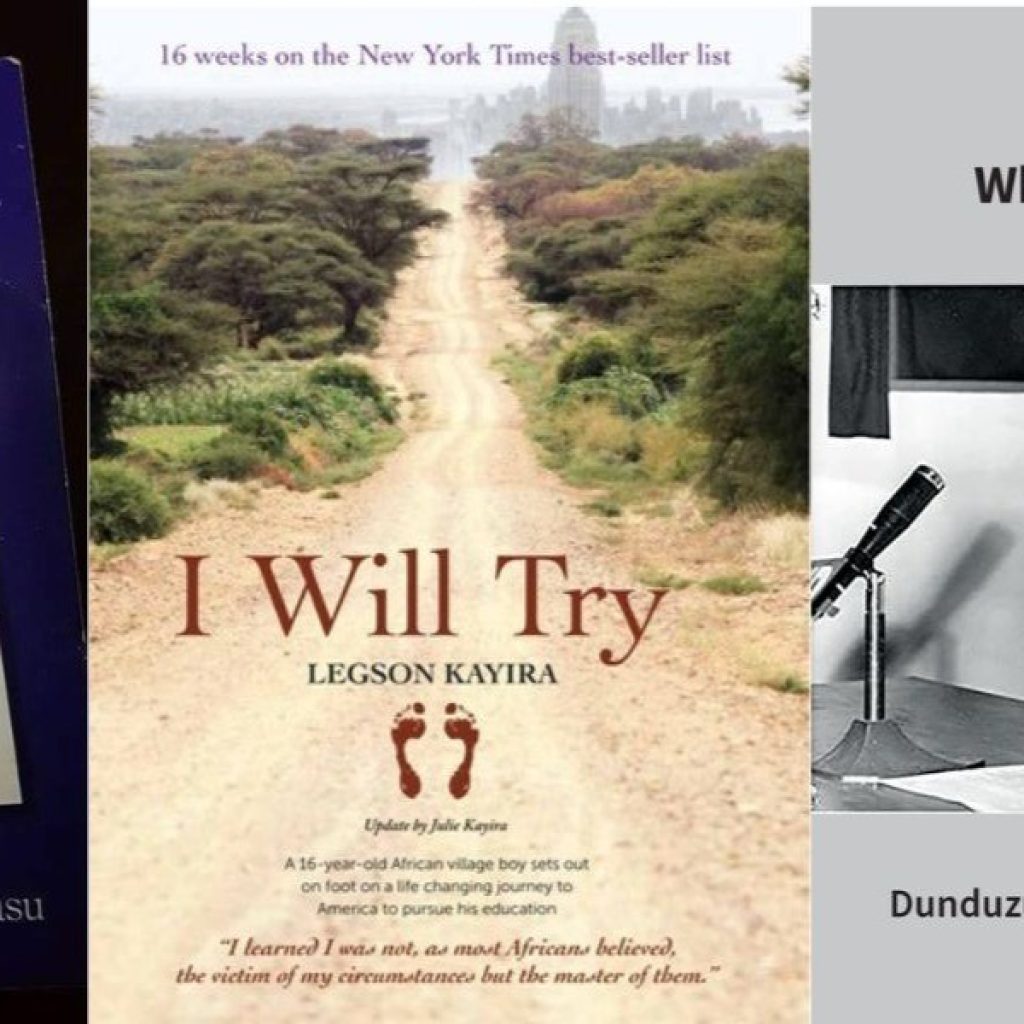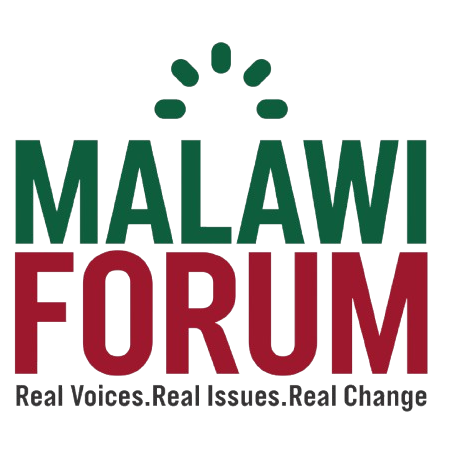15 Books Every Malawian Should Read
“A nation that does not read is a nation that does not know itself.”
As a writer, I am legally (and spiritually) obligated to read. Voraciously. Obsessively. Inconveniently.
Why? Because writers don’t just write. We inhale the wisdom of Naipaul, the magic realism of Marquez, the sparse brilliance of Coetzee, the bardic thunder of Shakespeare, and the haunting echoes of writers from India, Pakistan, New Zealand, and our own vibrant Africa. We are professional eavesdroppers on the conversations between great minds—dead and living. Our job is to listen, then speak louder.

And so I read. As a writer. As a journalist. As someone obsessed with words. But also as a Malawian who didn’t grow up in Malawi and didn’t witness the country’s turbulent formative years under Kamuzu Banda. My understanding of that period has come through reading. Books became my passport to Malawi’s past.
Unfortunately—and here comes the journalist’s confession—most of what I’ve read about that era has been from the eyes of the victims. Not because I’m biased (okay, maybe a little), but because those in power never wrote their stories. Cecelia Kadzamira? Silent. John Tembo? Nope. Robson Chirwa? Nada. Even the Big Man himself, Kamuzu Banda, didn’t pen a proper memoir.
And so history, like water, has flowed to the lowest open basin: those who were crushed, tortured, exiled, or simply not in power. That’s the story we have, and it’s an important one. But a fuller history still waits to be written—perhaps by you.
In the meantime, I offer you my lovingly curated, woefully non-exhaustive list of 15 books every Malawian should read. These books are *all* about Malawi—its people, its politics, its pain and progress. For outsiders, they offer a rare and revealing glimpse into this complex country. For Malawians, they document our history, reflect our collective soul, and provide context for some of the things we’re still grappling with today.
And here’s the kicker: these books should be made compulsory in secondary schools. Why? Because no citizen of this country—especially those born after 1994—should be oblivious to the sacrifices, decisions, and dramas that paved the way for the democracy we (sometimes too casually) enjoy today.

So, here’s the list. Read it. Recommend it. Rage against it. Just don’t ignore it.
1. Africa: What Lies Ahead – Dunduzu Kaluli Chisiza: Start here. Please. A vision document by one of Malawi’s most promising (and tragically short-lived) nationalists. This book is what Malawi *could* have been—a radical, thoughtful, Pan-Africanist paradise. Written in 1961, it feels like it was written last week. No kidding.
2. A History of Malawi (1859–1966)* – John McCracken: The OG of Malawian historical scholarship. Read this if you want to understand how we got from missionary outposts and colonial experiments to independence and the authoritarian state.
3. Kamuzu Banda of Malawi: A Study in Promise, Power and Legacy – John Lwanda: An essential, nuanced portrait of the enigmatic man himself. Neither hagiography nor hit piece—just a serious interrogation of Banda’s rule.
4. And Crocodiles are Hungry at Night – Jack Mapanje: A poet’s memoir that reads like a nightmare wrapped in lyricism. Arrested without charge, Mapanje turns imprisonment into literature. It’s as heartbreaking as it is beautiful.
5. Living Dangerously: A Memoir of Political Change in Malawi – Father Patrick O’Malley: From the trenches of democracy’s messy birth in the early ’90s. A white priest with a ringside seat to history and a pen sharp enough to sketch the chaos.
6. Malawi’s Lost Year – Kapote Mwakasungura and Douglas Miller: Think of this as the deleted scenes from Malawi’s democratic transition. It dives into the confused, unstable period around 1992–1993. Eye-opening and often sobering.
7. Fearless Fighter – Dr. Vera Chirwa: The memoir of Malawi’s first female lawyer turned political prisoner. This is resistance literature. Inspiring, raw, and necessary.
8. Prisoner 3/75 – Sam Mpasu: A political insider’s prison memoir. Equal parts cautionary tale and searing indictment of dictatorship. Short but powerful.
9. I Will Try – Legson Kayira: The classic underdog story. A boy walks across East Africa with nothing but grit, a Bible, and a dream to study in the U.S. A tale of tenacity that still resonates.
10. The Boy Who Harnessed the Wind – William Kamkwamba: A modern legend. A teenage boy teaches himself engineering from scrap parts and saves his village. Faith in the future, restored.
11. The African Dream: From Poverty to Prosperity – Bingu wa Mutharika: Yes, Bingu wrote a book. It’s not quite a page-turner, but it reveals the mindset of the man who led Malawi with big dreams—and an even bigger ego.
12. Hero of the Nation: Chipembere of Malawi – A Biography: A deep dive into one of Banda’s most formidable challengers. Chipembere’s story deserves to be better known, and this book helps bridge that gap.
13. Kwacha: An Autobiography – Kanyama Chiume: One of the sharpest minds in Malawi’s early nationalist movement. His autobiography gives us insight into the hopes and betrayals of that period.
14. Political Culture and Nationalism in Malawi: Building Kwacha – Joey Power: Academic but accessible, this book decodes how nationalism was manufactured in post-colonial Malawi. Spoiler: It wasn’t always organic.
15. Kamuzu: A History of Malawi – Elenimo Chembe: (Disclaimer: I haven’t read it—it launches tomorrow.) But it promises to fill in gaps and possibly challenge dominant narratives. Watch this space.
My Final Word:
These books are not just about the past—they are guides to understanding the present. If we want to build a country full of *thinking* citizens—people who ask questions, understand nuance, and value sacrifice—we must raise readers.
Let no student leave secondary school without knowing the names, the stories, the blood, sweat, and brilliance that laid the foundations of this nation.
What books would you add to this list? Let’s keep the conversation going.
#MalawiReads #HistoryIsNow #LiteratureForChange #BookRecommendations #AfricanWriters #Kamuzu #MalawiDemocracy #WritersOfLinkedIn #ReadToLead


